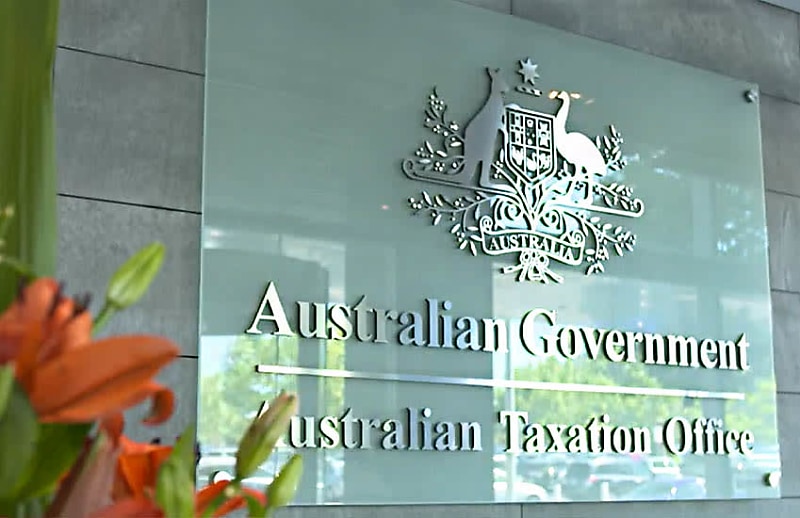‘The ATO does not exist’: Taxpayer fails to win dispute with pseudo-legal argument
RegulationA taxpayer lost a recent dispute in the Administrative Review Tribunal after he argued the ATO did not exist, and therefore he was not liable to pay GST.

On 16 February 2023, an Uber driver lodged business activity statements (BAS) for GST liabilities for the period between 1 July 2016 and 30 September 2018. He claimed input tax credits (ITCs) totalling $1550, reporting GST payable of $2588.
However, on 17 February 2023, the Commissioner of Taxation disallowed the ITCs, as the BAS had not been lodged within four years following the due date for lodgment.
The driver objected to this decision, arguing that he had been unable to lodge the BAS on time as a result of “his deteriorating health, financial hardship and other difficult personal circumstances.”
He contended that he should be granted a retrospective time extension to lodge the BAS due to extenuating circumstances.
On 13 September 2025, the Administrative Review Tribunal (ART) disallowed the driver’s appeal, saying that taxation law did not include “discretion to extend the period once the entitlement [had] ceased.”
The driver argued to the ART that the law was invalid and that the GST refunds should have been granted on three grounds.
First, the tribunal should have retrospectively agreed to extend the due date for lodgement of the BAS due to the “extreme extenuating circumstances” he was experiencing at the time.
Second, as an Uber driver, he said he had been forced under duress to comply with requirements to be registered for GST. He argued that his contract with Uber and by extension the Commissioner was void, and therefore he was not liable to pay the GST.
The third matter related to the validity of the tax laws, the tax system and the obligation to pay tax. In essence, the driver argued that the laws were invalid and the obligation to pay tax was voluntary.
He submitted that “the ATO does not exist, the Deputy Commissioner was not validly appointed, the term “taxpayer” and “income” is not properly defined, and Prime Minister Anthony Albanese is being indicted for war crimes,” court documents read.
However, the Tribunal noted that it did not have the powers to assess the validity of Commonwealth laws, and therefore could not waive GST liabilities.
“The Tribunal's jurisdiction is confined to conducting merits review of decisions made under the taxation legislation, and it is required to apply that legislation as enacted,” court documents read.
“The Tribunal is not a court created under Chapter III of the Constitution and does not have power to determine the validity of Commonwealth laws.
“Questions of validity can only be determined by a court of competent jurisdiction such as the Federal or High Court. To the extent the Applicant asserts the taxation laws are invalid that submission cannot be entertained in these proceedings.”
The tribunal added that legislation concerning the four-year cut-off period regarding ITCs did not include discretion to extend the time limit, and therefore it could not award the tax credits to the driver.
“Once the four-year time limit ends, there is no discretion for the Commissioner or the Tribunal to extend the time limit, regardless of the reason. No action after this time revives the entitlement to an ITC,” court documents read.
“Although at times unfair to a taxpayer, there are important policy reasons that underpin the imposition of such a decisive cut-off date.”



